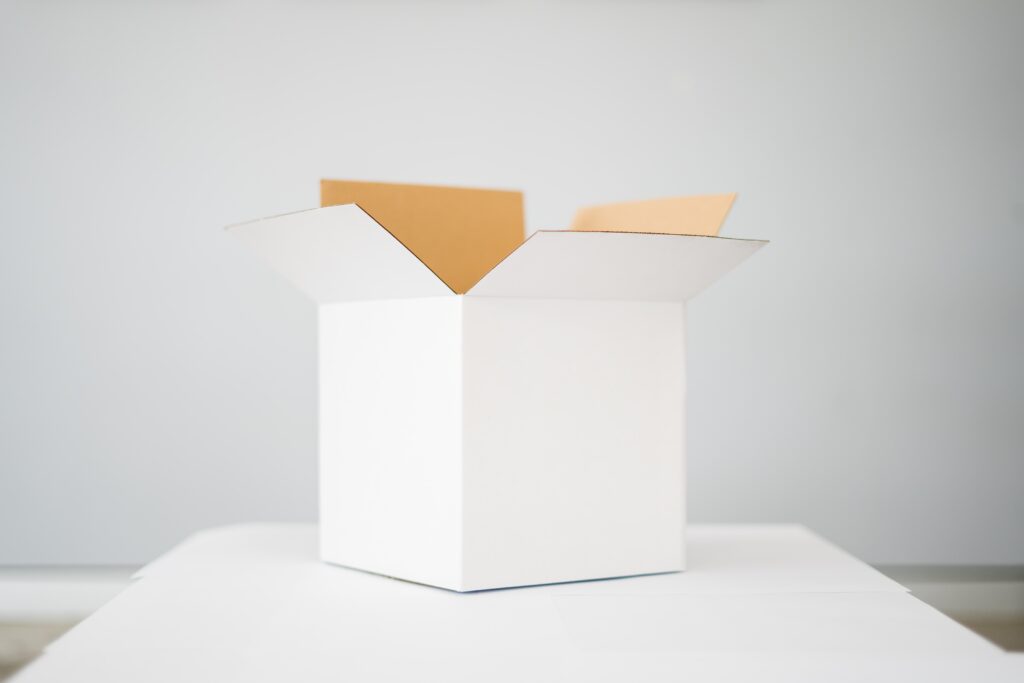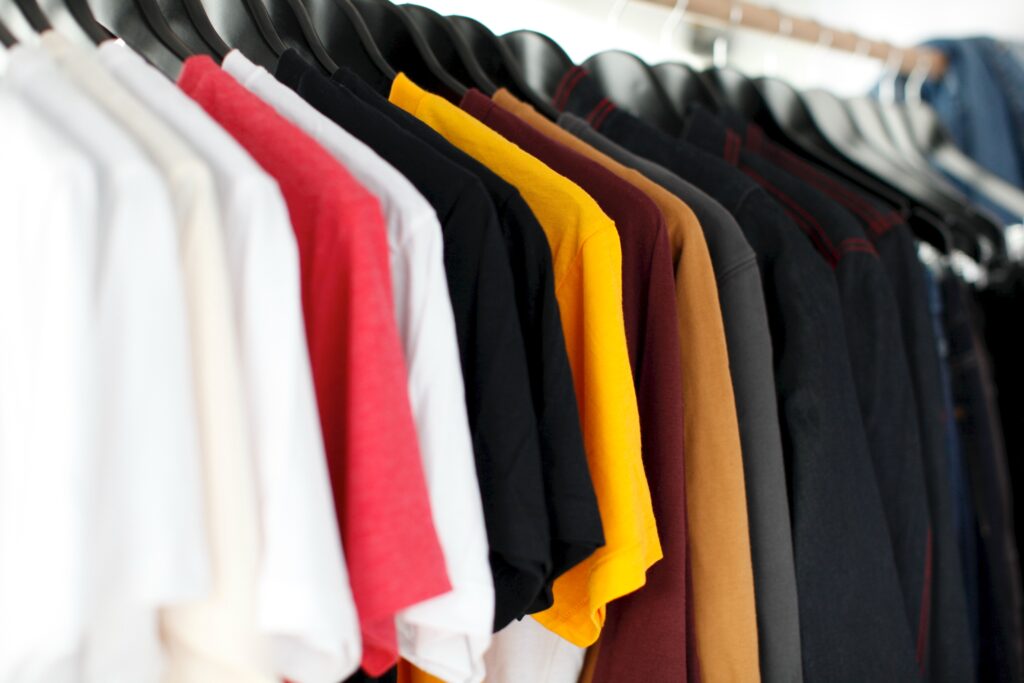Although Chick-fil-A has not admitted to any wrongdoing and denies allegations, the company has agreed to settle a class action lawsuit that was initially filed in October 2023. In preparation for the settlement disbursement, the Georgia-based fast-food giant has established a cash fund in the amount of $1.45 million and a gift card fund totaling $2.95 million. The customers that were directly impacted by the company’s alleged actions must file a claim by February 15. The accepted claimants may receive up to $29.25 in either cash or a gift card.
Continue readingTag Archives: advertising
Customer’s Sweet Revenge
As a consumer, it may appear logical to expect that the item contained therein matches the advertised image depicted on the front of the product packaging. In the case of Hershey’s holiday chocolate, however, Florida resident, Cynthia Kelly, claims that the facial motifs etched into the product wrapper design are not actually carved into the outer chocolate coating of Reese’s Peanut Butter pumpkins, ghosts, footballs, snowmen, stockings, and bells. On behalf of herself and additional impacted customers, the Florida plaintiff filed the lawsuit, which has reached class action status, and aims to retrieve $5 million in compensation.
Continue readingClaim Moving Forward
A California-based moving company is facing a job discrimination lawsuit that may prove debilitating. Despite former efforts to reach a settlement, in which the Equal Employment Opportunity Commission (EEOC) sought $5 million, and Meathead Movers offered $750,000, the EEOC has announced its progression of a lawsuit against the company. In its claim, the EEOC alleges that since 2017, Meathead Movers intentionally only hired younger employees and established an exclusive roster of strong athlete-type workers under the age of 40. The company has countered these claims with an equally strong argument.
Continue readingIronclad Lawsuit?
A private label for Dick’s Sporting Goods is wrapped up in a legal dispute with a company that specializes in sports apparel, team uniforms, and jerseys. Launched within the past decade, Wooter advertises a unique infinity symbol that appears to resemble two semi-open links in a chain. About a year following Wooter’s development, the brand Calia was introduced with Carrie Underwood as the face of the women’s activewear line. Although Underwood left the brand two years ago, Calia continues to drive impressive sales for Dick’s Sporting Goods.
Continue readingA Sour Mistake
The Food and Drug Administration (FDA) indicates that 400 milligrams of caffeine per day is considered a safe dose for healthy adults. Depending on the type of roast and brand of coffee, this amount of caffeine equates to four or five cups of coffee. Despite this guideline, people with varying health conditions may exhibit sensitivities to caffeine that require them to limit their intake. The case of 21-year-old college student, Sarah Katz, exemplifies this circumstance. In September 2022, Katz’s caffeine intake was linked to her suffering of two instances of cardiac arrest.
Continue reading



